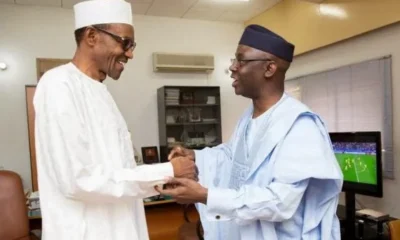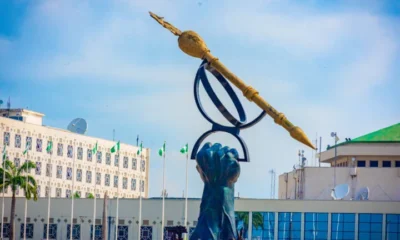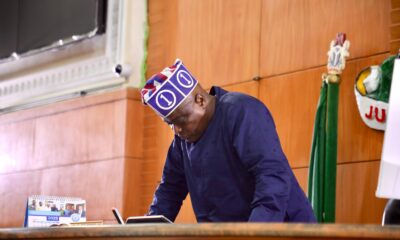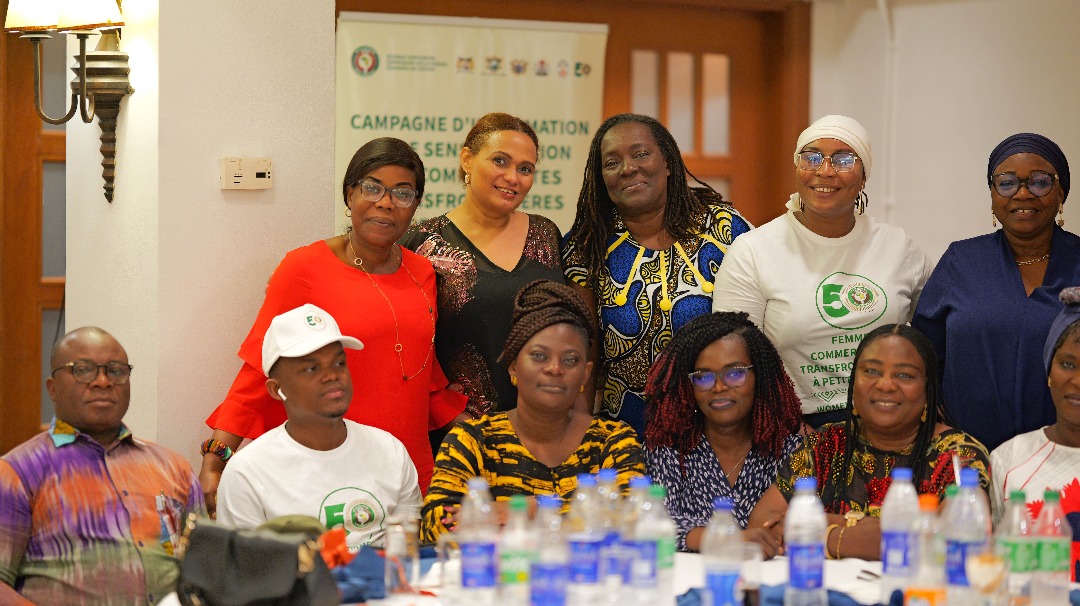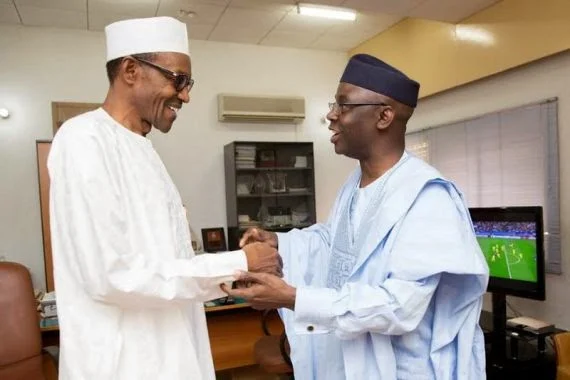The challenges facing women engaged in cross-border trade across West Africa took centre stage at the ECOWAS Caravan 2025, held at the Federal Palace Hotel, Victoria Island, Lagos, on July 11, 2025.
Launched this year by the Economic Community of West African States (ECOWAS), the Caravan is a transformative empowerment initiative designed to support small-scale women traders in West Africa’s informal trade sector.
The two-week journey followed the Abidjan–Lagos trade corridor, running from June 30 to July 14, with major stops in Abidjan, Lomé, Cotonou, and Lagos, culminating at the ECOWAS Gender Development Centre.
Speaking during the official launch of the Lagos leg and the caravan’s closing ceremony, the ECOWAS Commissioner for Social Affairs and Gender, Professor Fatou Sow Sarr, emphasised the pivotal role women play in the region’s informal economy.
“Women are the lifeblood of informal trade in West Africa… this caravan is about visibility, voice, and value — it’s about shifting narratives and shaping policies that support women where it matters most: on the ground,” she said.
Lagos State Commissioner for Commerce, Cooperatives, Trade and Investment, Folashade Ambrose-Medebem, officially launched the Lagos stage of the sensitisation and awareness campaign for small-scale women traders. She described the initiative as a timely and necessary intervention.
“This initiative is a direct response to equip and empower our women, who form the majority of traders along the corridor and represent the backbone of informal cross-border trade across the region.
“These women play a critical role in ensuring food security, creating jobs, and sustaining livelihoods in both border communities and their homes.”
According to Ambrose-Medebem, these women are more than traders; they are economic builders who continue to operate under conditions marked by uncertainty and frequent harassment.
She stressed that the campaign represents a significant step forward, aiming to expand awareness of trade regulations, legal frameworks, and ECOWAS community protocols that govern cross-border commerce.
Speaking to the press, the commissioner noted that the Lagos State Government remains committed to supporting informal sector traders, particularly women entrepreneurs.
“I want to say that Mr Governor, Babajide Sanwo-Olu, approved ₦500 billion for MSMEs under the Lagos State Access to Finance initiative for small businesses through cooperatives at 0% interest,” she disclosed.
The fund, matched by the Bank of Industry with another ₦500 billion, is non-collateralised, features a six-month moratorium, and offers a competitive 9% interest rate.
Dr Chinyere Almona, Director-General of the Lagos Chamber of Commerce and Industry (LCCI), applauded ECOWAS for its commitment to gender equality and regional integration, calling this year’s campaign “symbolic and necessary.”
“For women working in agriculture, fisheries, artisanal value chains, and cross-border trade, their daily grind is not just a livelihood; it’s an act of resilience and enterprise.
“Women traders form the uncelebrated backbone of West Africa’s informal trade economy, representing over 70% of informal cross-border traders and playing an indispensable role in food supply.”
Almona urged governments and stakeholders to invest in institutionalised, continuous capacity building through community-based training hubs in local languages, digitalisation of border procedures, and the creation of mobile-friendly platforms to expedite trade clearance and improve efficiency.
“Women in the informal trade are producing the formal results that is adding to the GDP and creating major employments.”
In her remarks, Princess Omotola Omole, National President of the Federation of Business Women Entrepreneurs (FEBWE), commended ECOWAS for its steadfast support of women.
“ECOWAS has consistently stood with women, ready to support, connect, and empower every woman who dares to dream big and trade to uplift her community,” she said.
Others who presented papers included the Lagos State Commissioner for Agriculture, Ms. Ruth Abisola Olusanya, who sent a representative.
The ECOWAS Small Business Coalition also expressed heartfelt appreciation to the ECOWAS Commission, partners, collaborators, and delegates for their pivotal roles in making the ECOWAS Caravan 2025 a landmark success.
Dr. Abdulrashid Yerima, speaking on behalf of the coalition, emphasised the collaborative impact of the caravan, stating, “The bridges we build today become the trade routes of tomorrow’s prosperity.”
He also praised the ECOWAS Commission for its leadership and credited the collective synergy of partners and delegates for transforming challenges into opportunities.
The closing ceremony, which hosted over 300 participants from across ECOWAS member states, featured an interactive town hall meeting where panellists addressed key topics such as capacity building, awareness strategies, and toolkit presentations, while also responding to audience questions.
Building on the successes of previous editions, the Tema–Paga corridor in 2023 and the Dakar–Banjul–Bissau route in 2024, the 2025 ECOWAS Caravan not only boosted the economic potential of women traders but also strengthened trade facilitation, enhanced market access, and fostered robust institutional partnerships across participating nations.
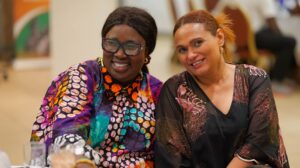
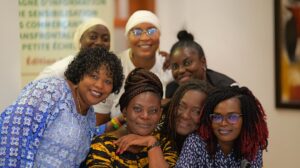
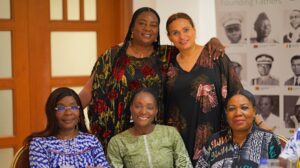
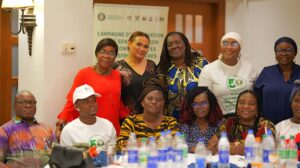

 BIG STORY3 days ago
BIG STORY3 days ago
 BIG STORY3 days ago
BIG STORY3 days ago
 BIG STORY4 days ago
BIG STORY4 days ago
 BIG STORY5 days ago
BIG STORY5 days ago
 BIG STORY5 days ago
BIG STORY5 days ago
 BIG STORY3 days ago
BIG STORY3 days ago
 BIG STORY3 days ago
BIG STORY3 days ago
 BIG STORY2 days ago
BIG STORY2 days ago











